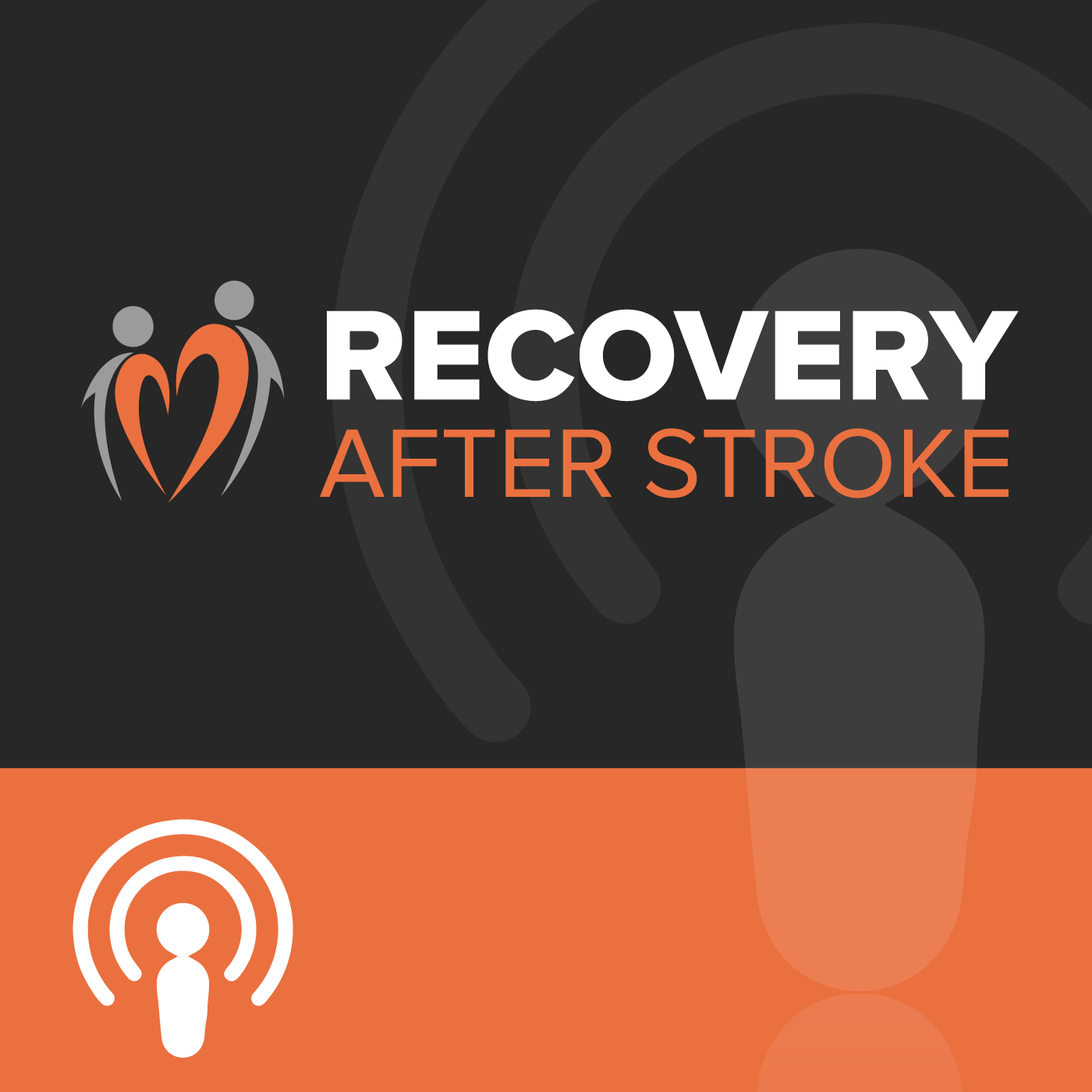The Similarities Of Recovery From A Stroke And A Traumatic Brain Injuries
Christopher Dittrich experienced a TBI (traumatic Brain Injury) as a result of a single-vehicle collision when he was 18 years old. He shares the same challenges experienced by stroke survivors. Facebook<br /> Instagram Highlights: 02:00 When Christopher Dittrich crashed his car<br /> 10:42 The impact of having half your skull removed?<br /> 17:27 Suffering from disinhibition<br /> 28:07 College life after the brain injury<br /> 33:26 Identity after the TBI<br /> 44:07 The importance of not overthinking<br /> 54:04 Living life to the fullest after Stroke And TBI<br /> 59:38 The reason why Christopher Dittrich is on the Podcast Transcript: Christopher Dittrich 0:00<br /> Well, right after injury soon after my injury, I suffered from severe I guess disinhibition, I would say, somewhat, not normal. 18-year-old conversation, I just wasn’t in thinking, you know, I had no filter in my head. So I would say things that weren’t necessarily proper or made sense or was right for whatever conversation and you know, so I lost a lot of my old friends. Christopher Dittrich 0:27<br /> They don’t get that I’m mentally disabled now. Yeah. So they just thought it was like, yeah, what’s going on? So that ended up becoming a huge benefit for me. As I moved into college, I got a little bit better my filter came back a little bit, but at the same time, I still had very little social filters, which made it easier for me to talk to people to make new friends. Intro 0:58<br /> This is the recovery after stroke podcast, with Bill Gasiamis, helping you navigate recovery after a stroke. Bill Gasiamis 1:11<br /> Chris Dittrich, welcome to the podcast. Christopher Dittrich 1:15<br /> Thank you very much. I’m excited to be here. You got my last name correct. Not many people do so well. It’s a good start. Yeah. Bill Gasiamis 1:23<br /> Every once in a while I do get names correct. But you’re not a stroke survivor, but you are somebody who has a traumatic brain injury. And when you contacted me about whether or not I speak to people who are not stroke survivors on the podcast, I don’t often because they often don’t get in touch. And then when you contacted me, I know that we were going to share a lot of similarities with regard to how our particular brain injury has impacted our lives. When Christopher Dittrich crashed his car <br /> Bill Gasiamis 2:00<br /> But I know that we’re going to share a lot of things in common and I know that people with traumatic brain injuries do have similar challenges in the same challenges that stroke survivors have. So why don’t you tell us a little bit about what happened to you first? Christopher Dittrich 2:13<br /> Correct. Yeah, exactly. That’s why I was interested in talking to you as well, because many of the people I’ve discussed injuries and whatnot with our stroke survivors, seem to be a little more common in the young survivor community. So I am from the Princeton area in New Jersey, in the United States, I suffered a traumatic brain injury in a car accident when I was 18 years old, on March 3, 2008. What, over 15 years ago now as crazy as that seems. Christopher Dittrich 2:52<br /> It’s been a whirlwind, but was just trying to beat my friends to lunch in school. And flipped my car over slid across

